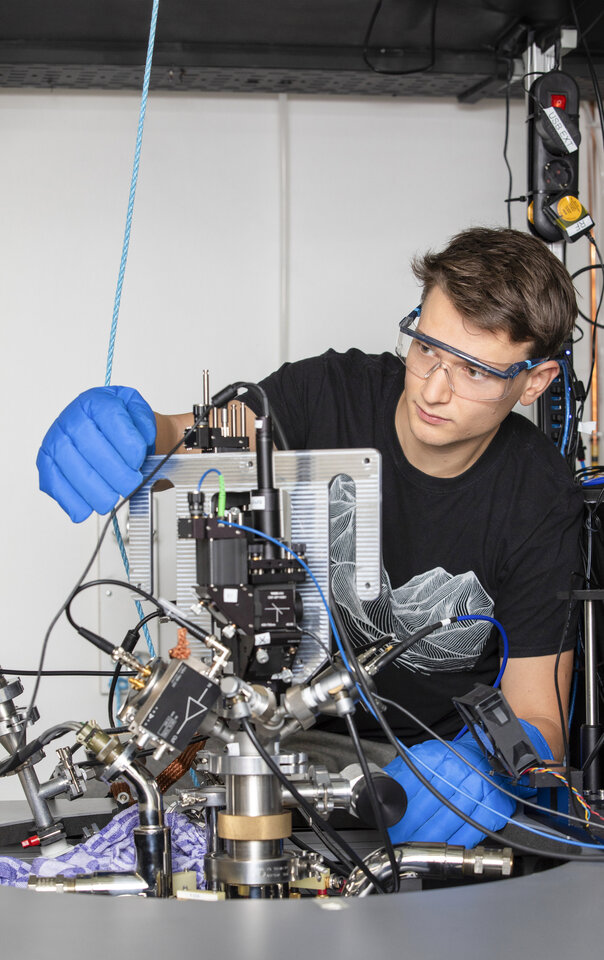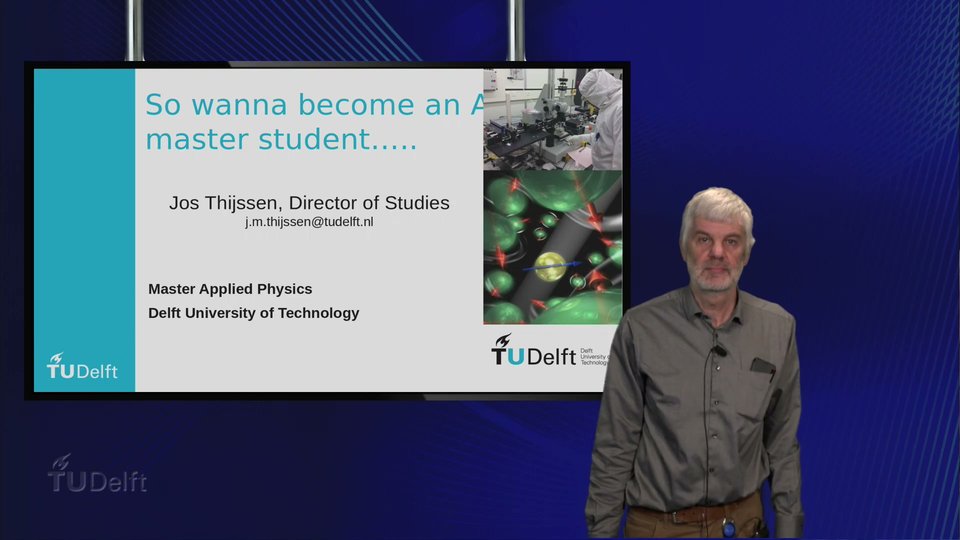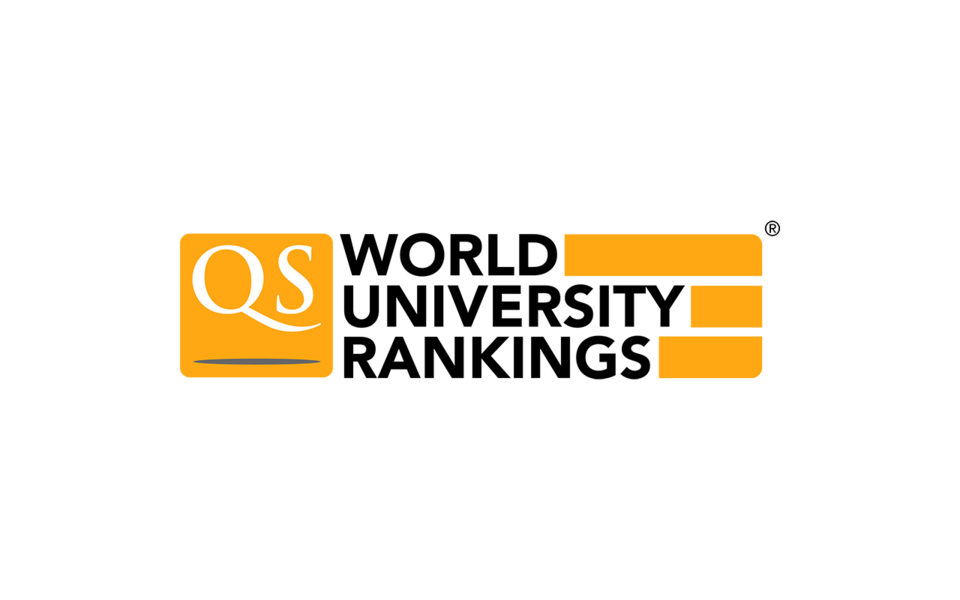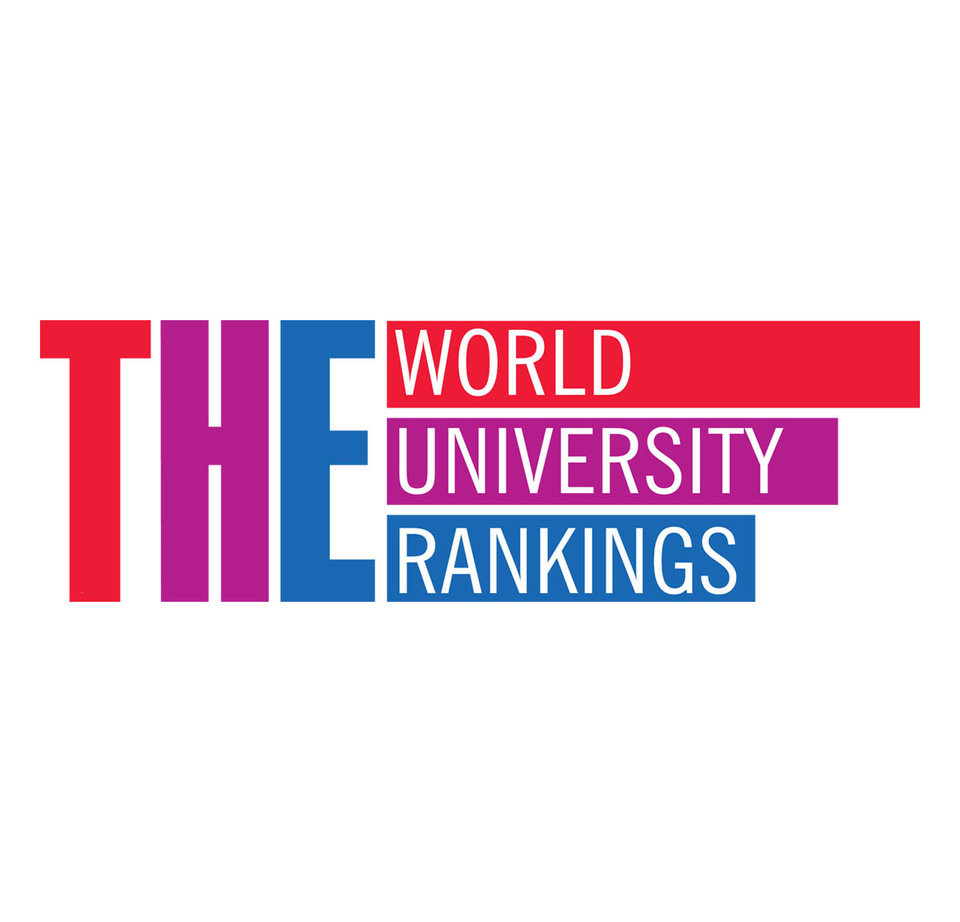MSc Applied Physics
Applied knowledge to meet society’s needs
Applied Physics covers phenomena ranging from the infinitesimally small – subatomic particles – to the unimaginably large – the universe. Somewhere between these two, there is the reality of everyday life. Applied physics is about translating a deep understanding of the theoretical underpinnings of physics into concrete results to benefit society.
The Applied Physics Master’s programme is designed to educate students to be able to stay at the forefront of fundamental understanding, and to develop practical applications.

_
Degree: Master of Science Applied Physics
Accreditation: Accredited by the NVAO
Credits: 120 ECTS, 24 months
Type: Full-time
Start: September (for applicants with a Dutch BSc degree a start in February is also possible)
Language of instruction: English
Advancements in nanotechnology, medical imaging and more
The curriculum contains five tracks connected to the main research departments, with research topics ranging from nanoscale phenomena to processes in industrial plants, reactors or climate issues. The programme contains general courses covering topics that every well-educated physicist should know about, departmental courses supplementing the basic knowledge with topics that every specialist should know about, and additional electives that reflect topics in our professors’ fields of specialization. In addition, you will work on a project in a research group of your choice in order to develop hands-on experience with the processes of discovery, explanation and application of knowledge. Students have the opportunity to draw on the resources of a number of outstanding facilities. The research is internationally embedded, as is manifest from the many collaborations we have with institutions and companies all over the world.
What you will learn
This programme will provide you with the knowledge, insights and skills required to perform independent professional and scientific activities in the area of applied physics at the level of a Master of Science.
During the programme, you will acquire fundamental knowledge of and hands-on experience with experimental techniques, theoretical analysis, simulation and modelling. You will work on research projects, including a Master’s thesis project, together with fellow students and professionals from the university, industry and research institutes. By doing so, you will learn to translate the abstract into the practical and to effectively communicate your insights as an applied physicist in a global context.
You will be able to choose from among many different elective modules as well as from many different topics for your Master's thesis. Building on the broad range of course modules will give you the opportunity to specialise in a topic of your interest.
Programme tracks
Within the core programme, you will choose one of the following five tracks:
- Physics for Energy: Address the challenge of sustainable energy production and storage using state-of-the-art physics.
- Physics for Fluids Engineering: Design and analyse fluid engineering processes and flow & transport phenomena over a wide range of time and length scales, ranging from blood flow to industrial plants and climate models.
- Physics for Health and Life: Cutting-edge physics for understanding processes that take place within the smallest units of life systems.
- Physics for Instrumentation: Help design the most advanced machines and detectors for applications ranging from research in cosmology and particle physics, to medical therapy and chip fabrication.
- Physics for Quantum Devices and Quantum Computing: Explore the fundamentals of quantum phenomena and apply them to develop building blocks for nanostructured devices that have unprecedented functionality.


